Phaphamani Zulu!
Martial metaphors in the THE RECRUITMENT OF ZULU SERVICE IN WORLD WAR I and World War II
Liz Timbs
Ph.D. Candidate
Michigan State University
Department of History
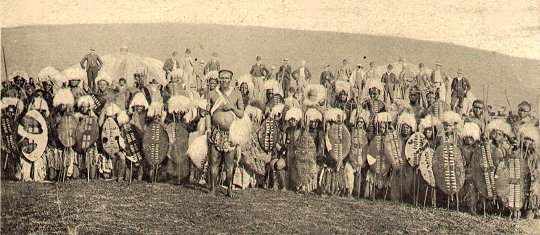
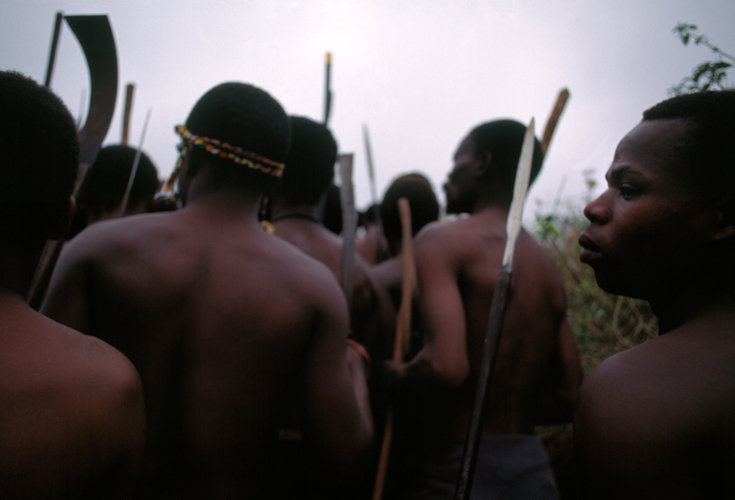
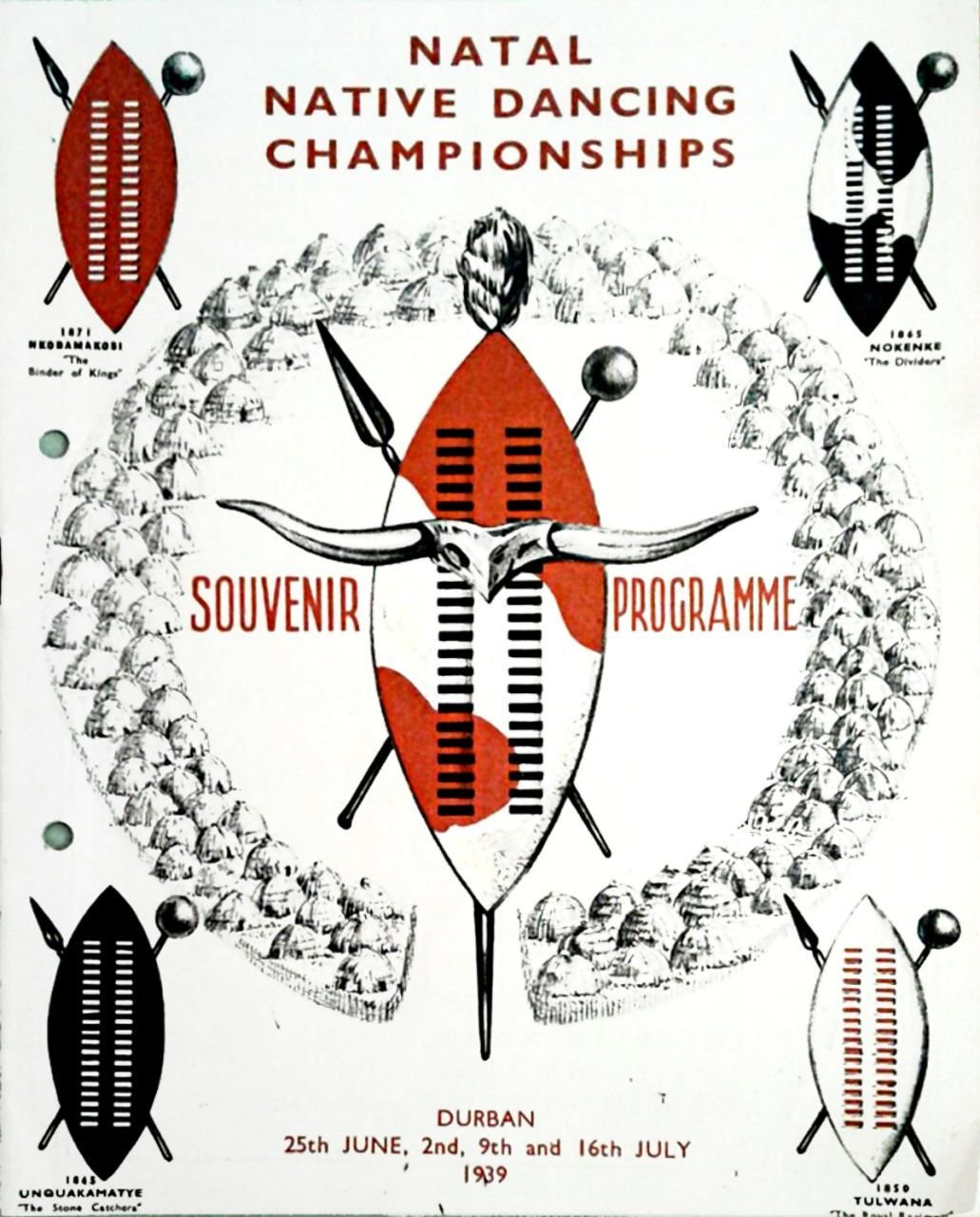
the South African Native Labour Contingent (SANLC), 1916-1918
John Langalibalele Dube
First president of South African Native National Congress (SANNC)
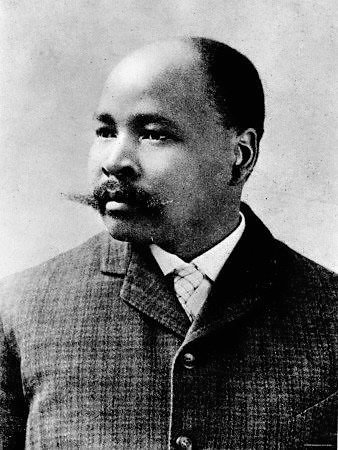



Portrait of Solomon ka Dinuzulu.
Photo c/o Killie Campbell Africana Library

The decision to join the Contingent “rests with the Zulus for sake of their own good name to make very much more generous and hearty response than heretofore, and thus remove reproach of being of all South African tribes the most deaf to [the] King’s call for labour overseas.”
C.A. Wheelwright, November 14, 1916
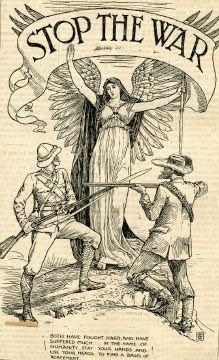
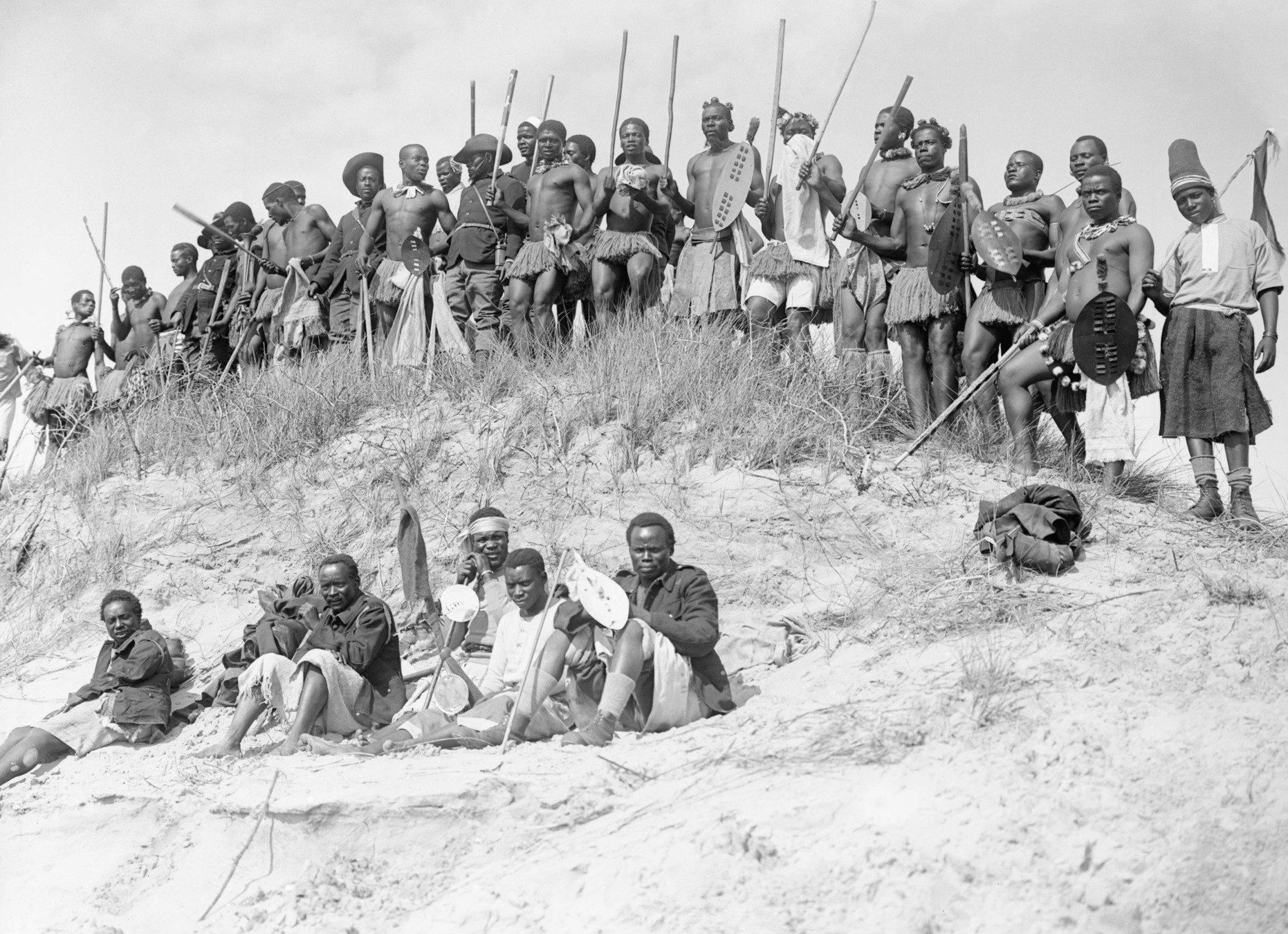
The Western Front, June 1917: Zulu members of the South African Native Labour Contingent perform in a War Dance and Sports event at Dannes, France (Copyright Imperial War Museum)
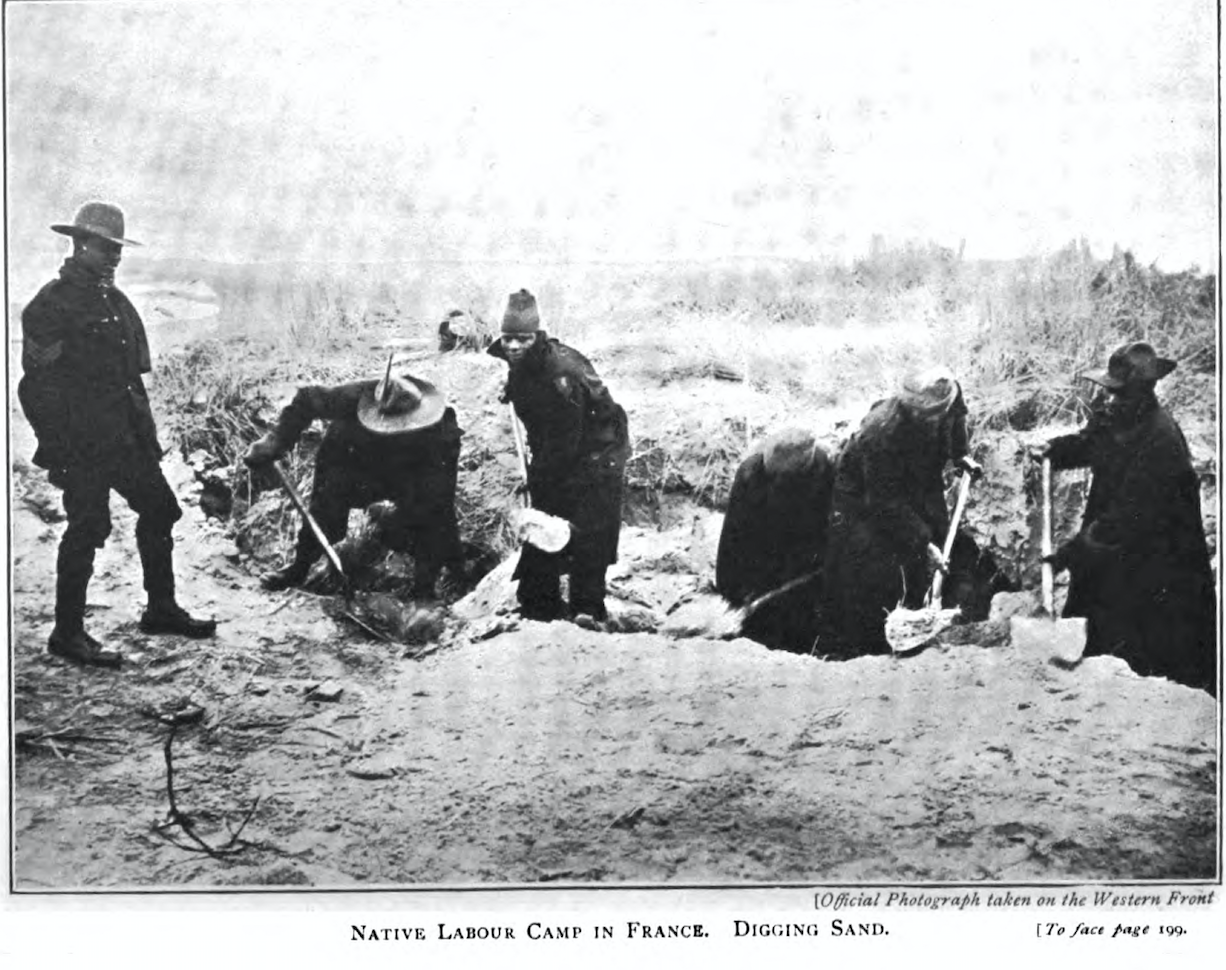
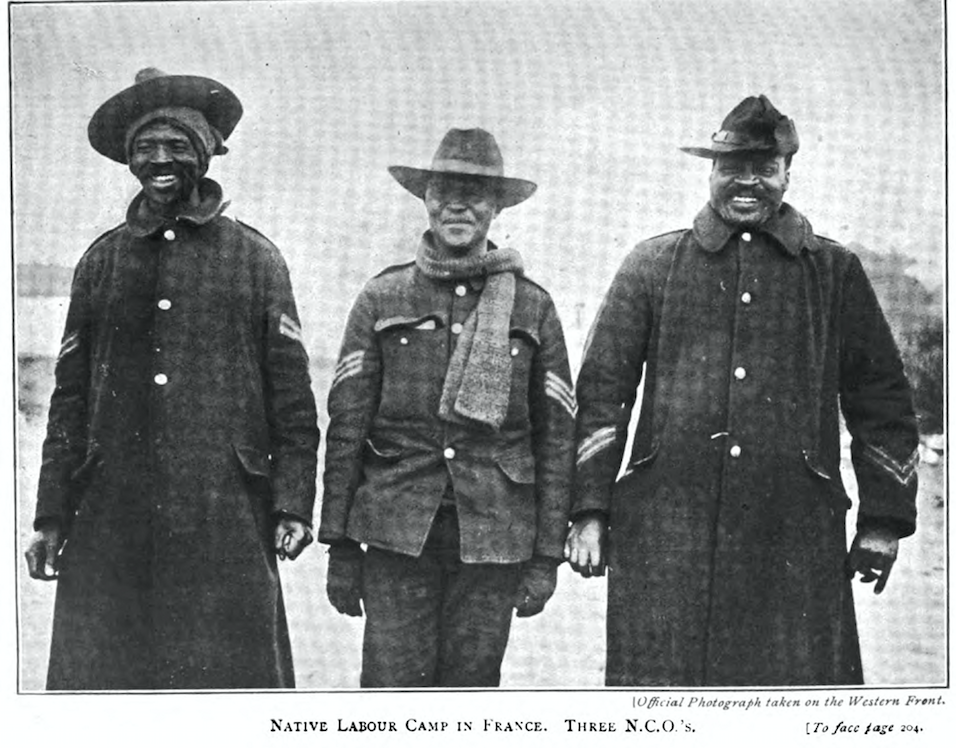
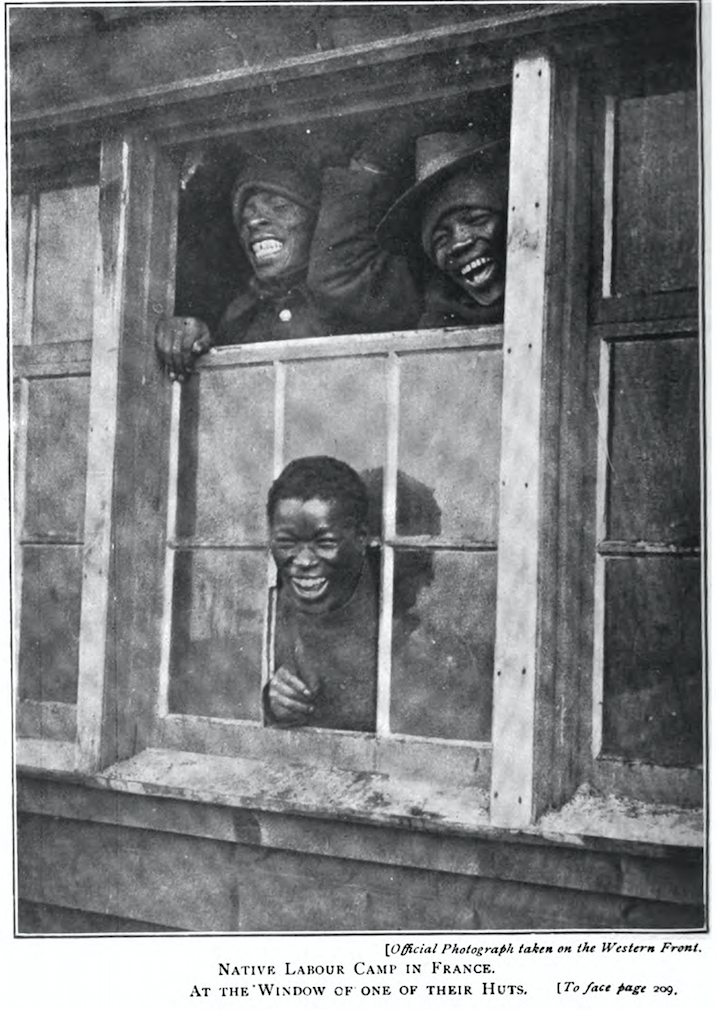
| Province | Number of Recruits |
| Cape Province | 7,000 |
| Transvaal | 13,500 |
| Natal | 1,500 |
| Orange Free State | 800 |
| Bechuanaland | 600 |
| Basutoland | 1,500 |
| Swaziland | 100 |
Recruits for the South African Native Labour Contingent* |
|
*Statistics pulled from Norman Clothier’s Black Valour (1987), p. 149 |

Establishing The Native military corps, 1939-1945

Mshiyeni ka Dinuzulu
Photo c/o Killie Campbell Africana Library
Funeral of Solomon ka Dinuzulu
1933
C/O KwaZulu-Natal Heritage Preservation Network
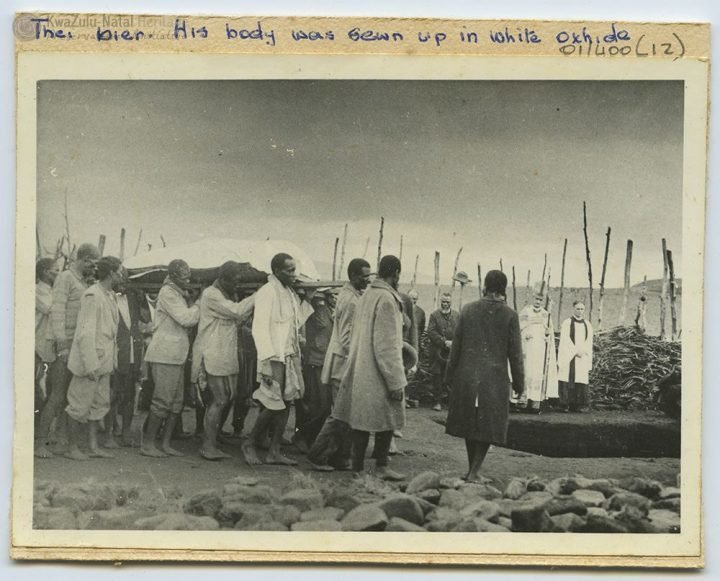
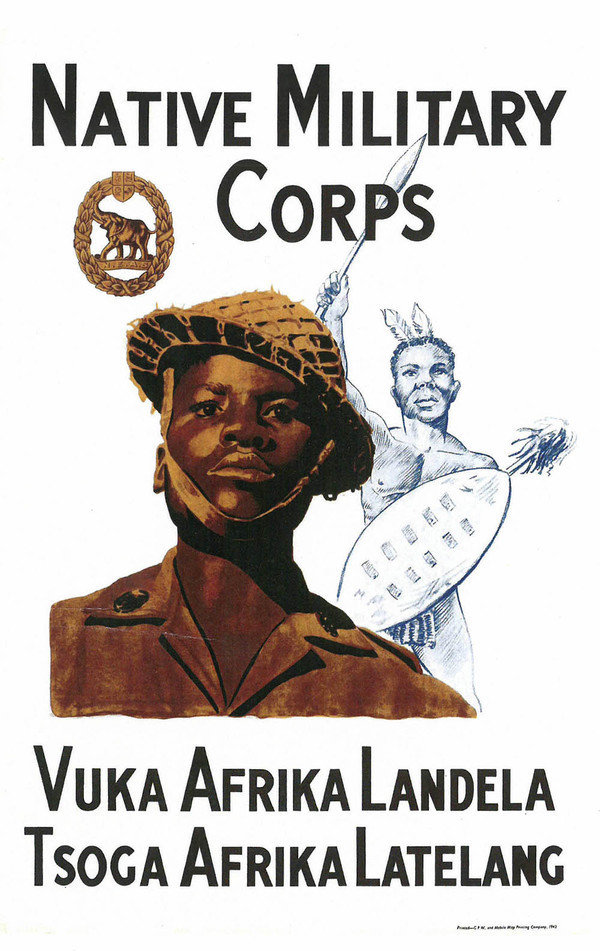
Title Text

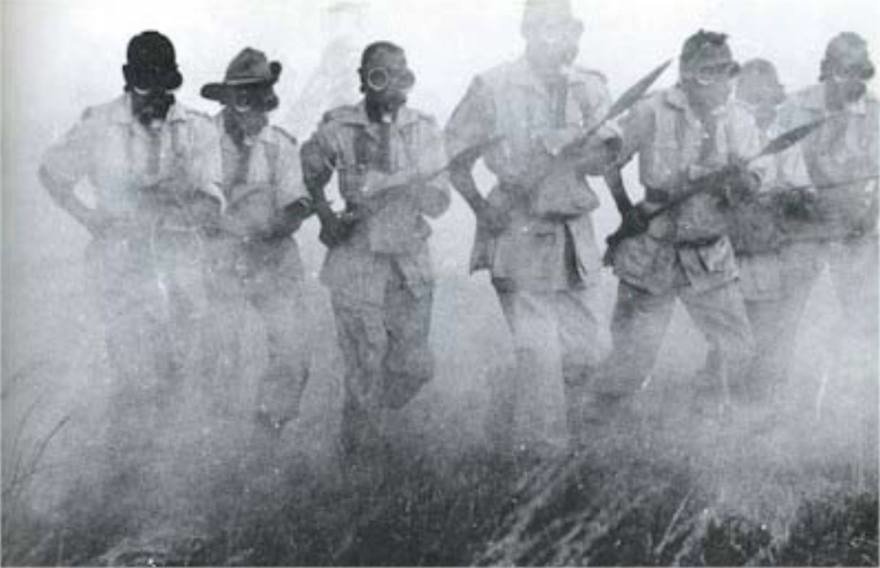
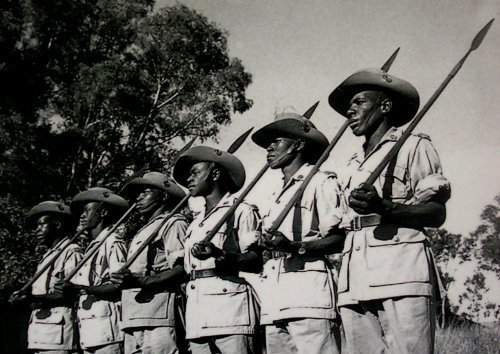
The Corps are “expected to fight aeroplanes, tanks and artillery with knobkerries and assegais. What mockery! It is demeaning. How degrading for a soldier to be reduced in standing to that of some common tribesman.”
A.B. Xuma, 1941
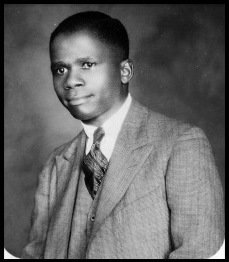
Photo c/o South African History Online
In the days of Shaka “[ . . .] the impi that formed his front-line troops and his personal bodyguard, hand-picked by Chaka himself from strapping young volunteers, proved their valour and strength in a death struggle with lions trapped in the Zululand mountains; the young warriors employed no other weapons than their bare hands and riempies to overcome and truss up the savage, rending beasts. That same fearlessness is being turned today to an even finer purpose on the battlefields.”
Libertas, July 1944
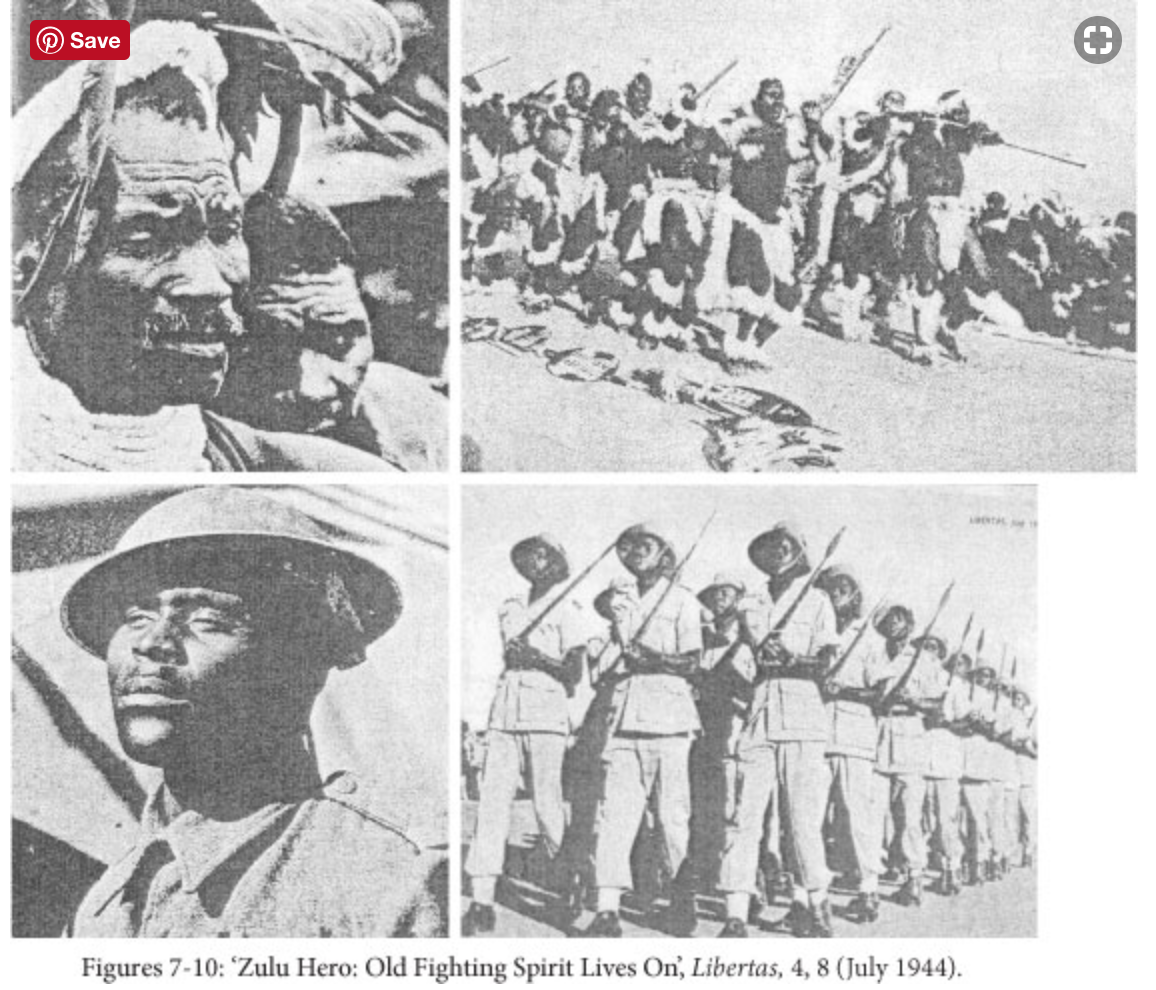
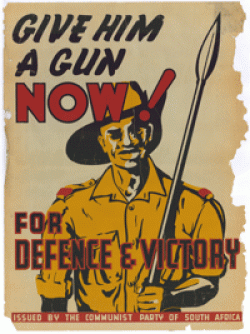
Zulu cultural stakeholders & NMC Recruitment
“I have come to you again to appeal to you young men to follow me in the work of supporting His Majesty, the King, in the mighty work of opposing our common enemies, against peace, goodwill, and freedom of the people of the Earth."
Mshiyeni ka Dinuzulu
May 10, 1942
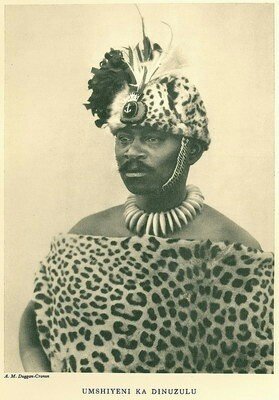
Photo by A.M. Duggan-Cronin
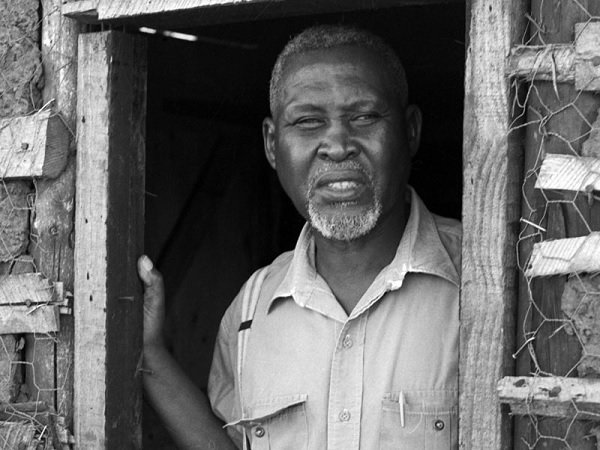
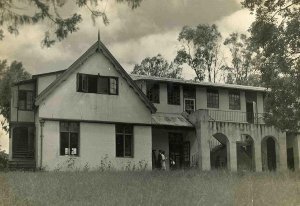
Albert Luthuli
Adams College
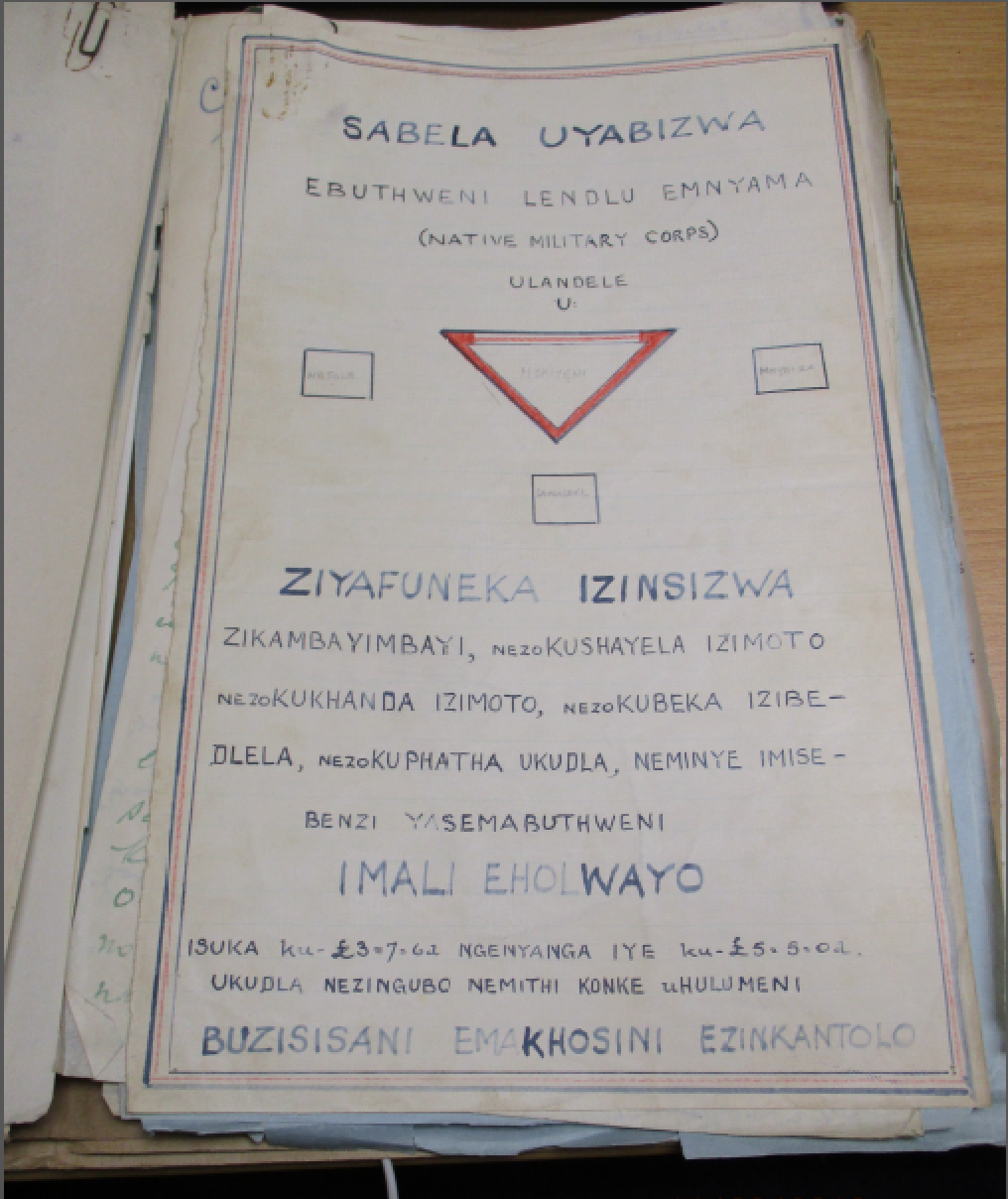
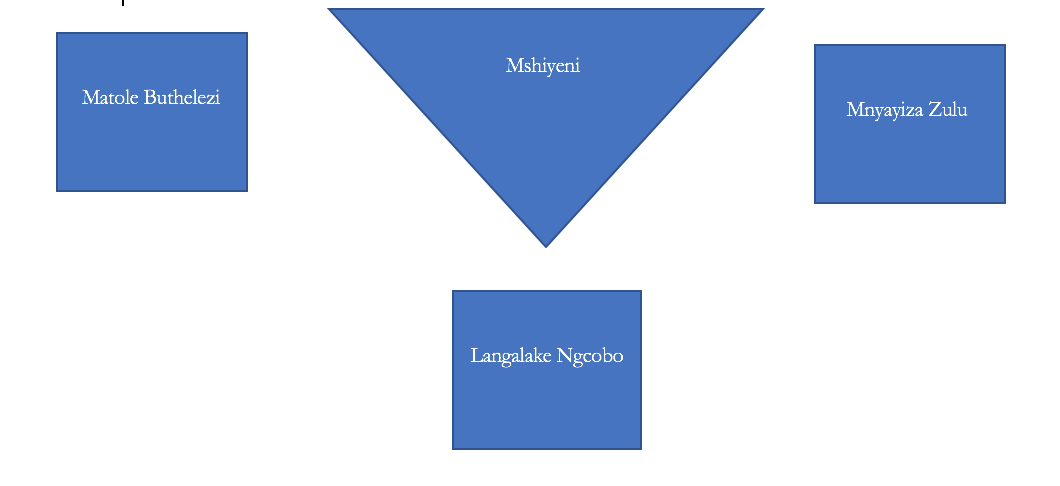
Let us greet you valiant men
Let us greet you hosts of his majesty!
Let us greet you who clear the dark clouds
Before the rising sun,
Who plunge into a pond inhabited by a crocodile
Which snarled its teeth
And resorted to its aboriginal home.
We greet you who stab and push the foes,
Chasing them towards the setting sun,
Until Tunisia’s gates are passed
And the foes cleared off Africa’s soil.
We greet you who have the enchantment of a song
Blending the voices of the living and the dead
For you enjoy the admiration of Sikhwishikhwishi
Among the White people
And you enjoy the admiration of Bova
Among those of Mjokwana, son of Ndaba.
We greet you destroyers of bodies sheltered in hiding
For in Algeria you destroyed the foe—
In Somaliland, you destroyed the foe—
In Egypt, you destroyed the foe—
In Cyrenaica, you destroyed the foe—
In Abyssinia, you destroyed the foe—
And in Libya, you destroyed the foe.
The unquenchable Fire, (South African Army)
which envelopes all mountains,
to give relief to jaded warriors,
Warriors of Abyssinia—
who on seeing it sought their shields,
Amid the accumulation of their womenfolk,
Beholding the Fire of the Unquenchables—
the cockroach that penetrated
The ears of Mussolini.
And denied sleep to his warriors.
Zulu Society Broadcast, June 13, 1944
I have listened quietly and attentively as you took the young men across the drifts of their brave doings. I only wish I could see them with my own eyes. Wow! Although this physical body of mine may grow feeble—yet the heart is young and remains with its wailings. How can this be myself—remaining behind the roll-up mats when men have taken up arms? Am I not born of a brave man? . . . For even when I see them in my old age, fresh blood runs through my veins and I am moved to take my shield and giya.”
Nongejeni Zuma, Zulu Society Broadcast, October 25, 1943

Nongejeni Zuma
Photo c/o Killie Campbell Africana Library
“Your honour will be spoken of when the dust-raising battles of war have ended—when brave men will be reviewing their experiences round the fire-hearths at home. Continue to be a source of pride to your officers, by your behaviour. And thus, you will help to uphold the prestige of the Zulu nation in the world.”
Pika Zulu kaSiteku kaMpande, Zulu Society Broadcast, January 14, 1944.
Pika Zulu
Photo c/o Killie Campbell Africana Library
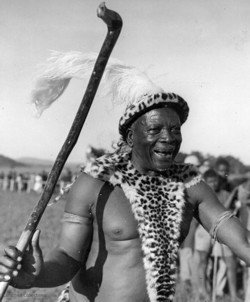
It is not one man who goes out to attack the enemy. It is the cooperation of whole regiments that drive away the foe. I am sure our brave men in the army are learning the value of co-operation, and that when they return they will use the learning thus obtained and co-operate to maintain the welfare of their families.
A.H. Ngidi
March 13, 1944
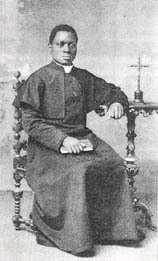
A.H. Ngidi
Photo c/o South African History Online
| Transvaal | 52,037 |
| Cape | 9,555 |
| Natal | 7,366 |
| Orange Free State | 4,521 |
| South West Africa | 7,000 |
| Total | 80,479 |
Recruitment into the Native Military Corps, by Province
Cited in Grundy (1983), p. 77 |
liz.timbs@gmail.com
Twitter: @tizlimbs
Phaphamani Zulu!
By Liz Timbs
Phaphamani Zulu!
- 1,456



